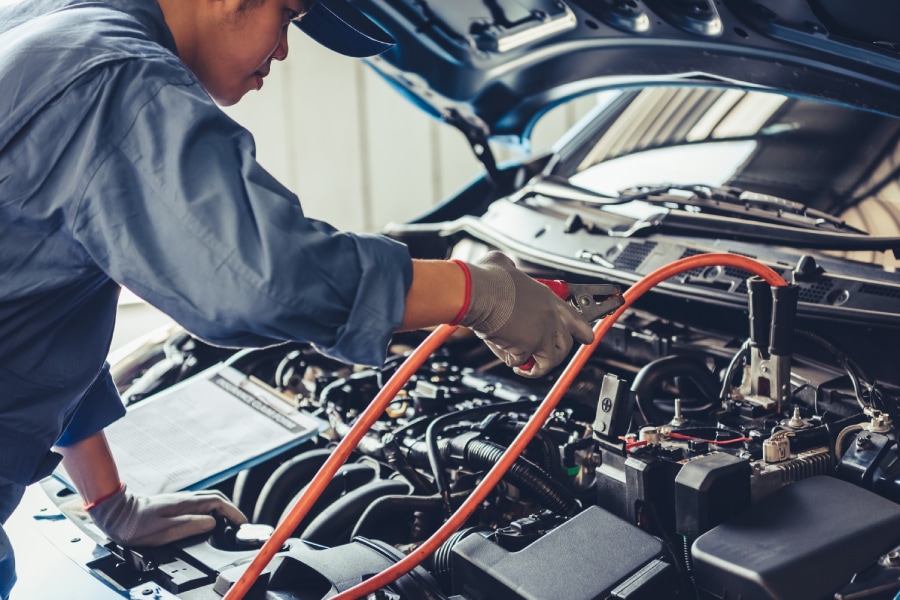You have a truck, and you just got a friend who called and said that they need their vehicle towed somewhere. When a car breaks down, it makes sense to want to get it to an auto shop ASAP—so as a good friend, you want to help. But should you? And what if your friend just needs a trailer towed and not a vehicle? Well, most vehicles cannot tow another vehicle safely, and not every trailer is made to be hauled by consumer drive vehicles. Even if you are towing something that your vehicle can handle, you still need to know the basics of towing something with your vehicle. Otherwise, you can cause damage to your car, what you are towing, and even people and other vehicles around you.
Below is a breakdown of some of the potential risks you’ll face if you do decide to do some DIY towing. We’ll cover how to make sure you do not cause any damage to your towing vehicle or the object being towed.
Avoiding Damage to Your Towing Vehicle
The first thing that can take damage is the vehicle you use to do the towing. Most vehicles do not have the towing capacity to actually physically pull another vehicle. Tow trucks have to be specially designed with custom axles, frames and engines to even be able to pull the weight. Without a proper vehicle weight gross rating, you can cause serious damage if you try to pull more than your car can handle in one pull, causing serious damage to your internal and external systems.
In addition, you will need to know how to do things like account for downhill and uphill driving, wide turns, avoiding curbs, and other specialized driving techniques that are necessary when towing another vehicle or trailer on your own. If you don’t take all of these things into account, you can cause damage to the tailgate of your vehicle or even cause your hitch to be pulled off. When this happens, it’s common for the hitch to take some of the muffler, tailgate or trunk with it, causing additional exterior damage in the process.
Avoiding Damage to the Towed Vehicle
DIY towing also presents a serious risk for the vehicle being towed. Some types of cars can’t be pulled by the front or by the hitch on the back. Instead, they need to be properly lifted onto a bed by a towing truck. Without this, some vehicles cannot even be towed at all.
For the vehicles that can be towed without a tow truck, literally every single vehicle is going to be different in regards to how it has to be towed. Making matters more difficult is the fact that this information is not something you can simply Google—there is a wide variety of different types of even the same makes and models. Without experience with that particular vehicle, you are more likely to cause a new problem than to successfully get the vehicle to a shop to fix an old one. In addition, some vehicles require special tools, which are not always available at the consumer level.
Improper towing can cause damage to the towed vehicle’s engine, and if you are lucky, only the bumper will be damaged. Damage caused in this manner is not something that insurance will cover, meaning you will be fully responsible for whatever happens.



